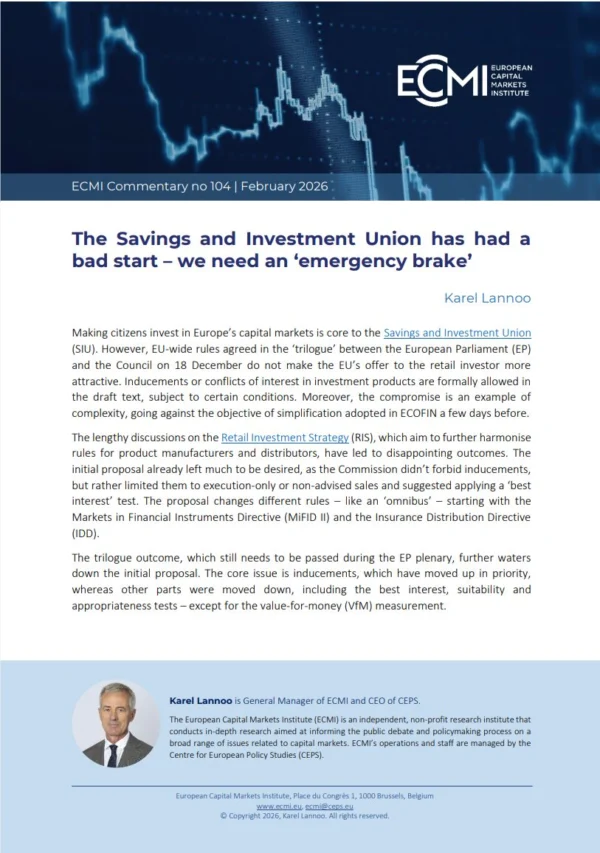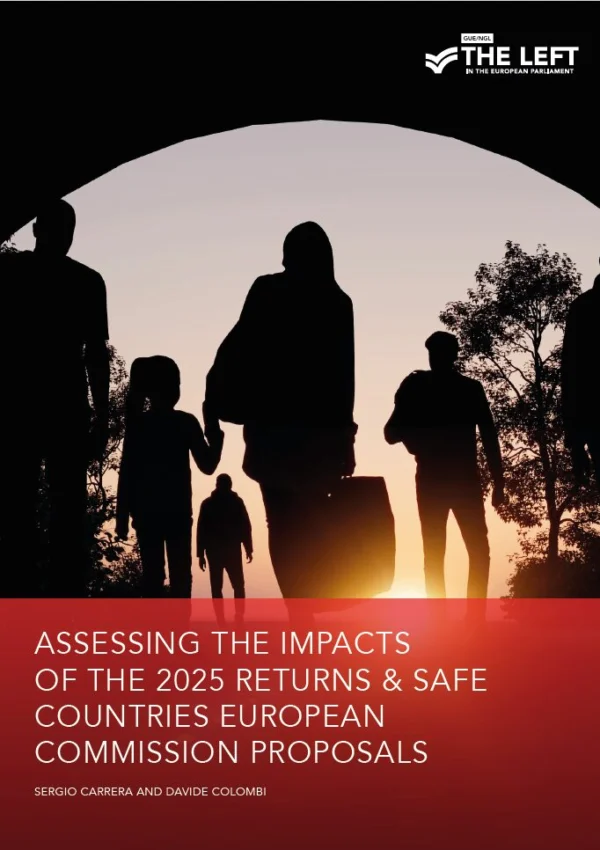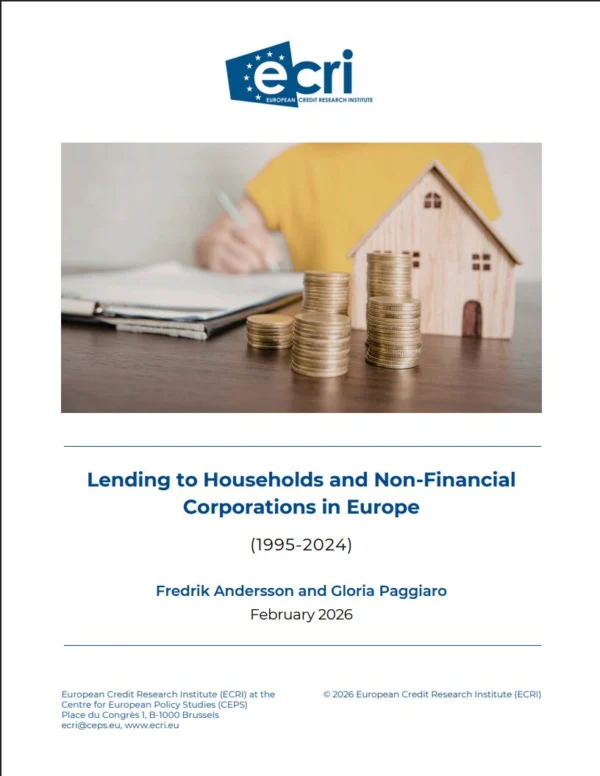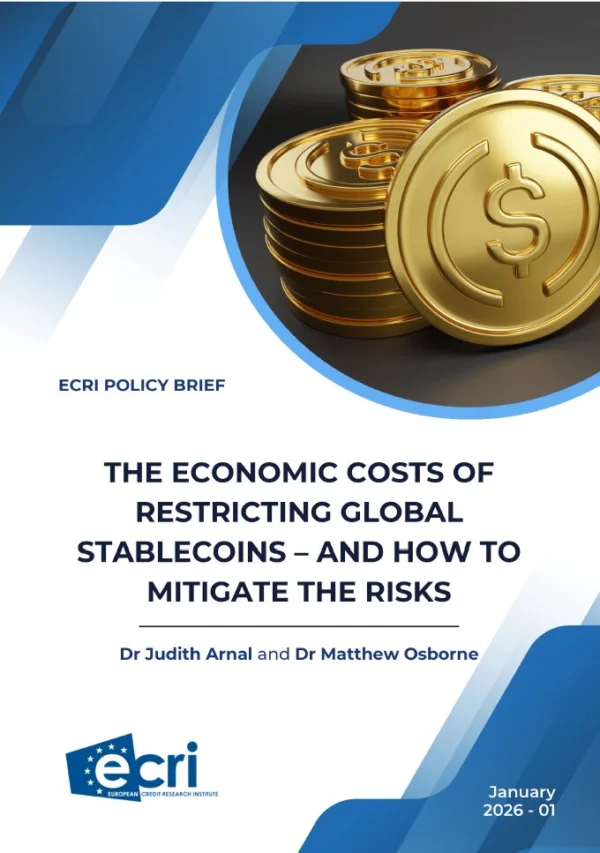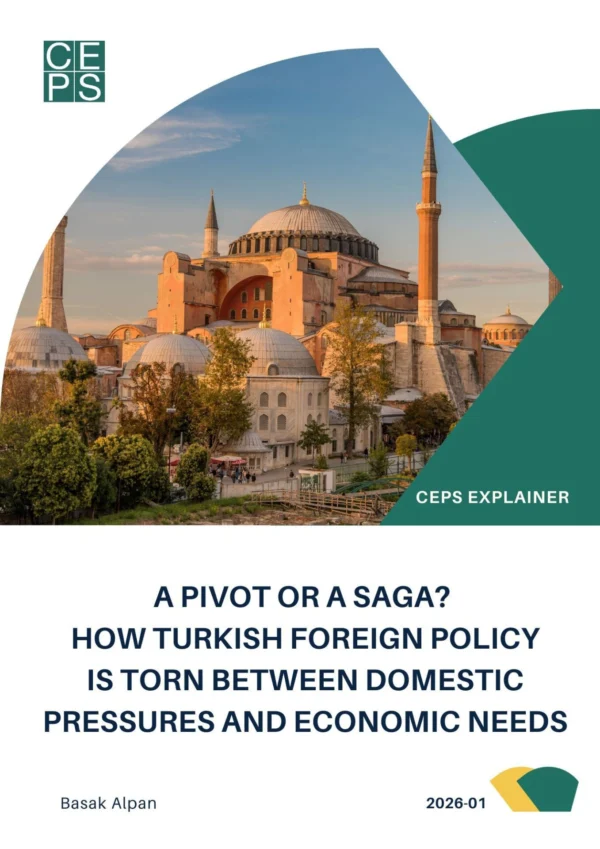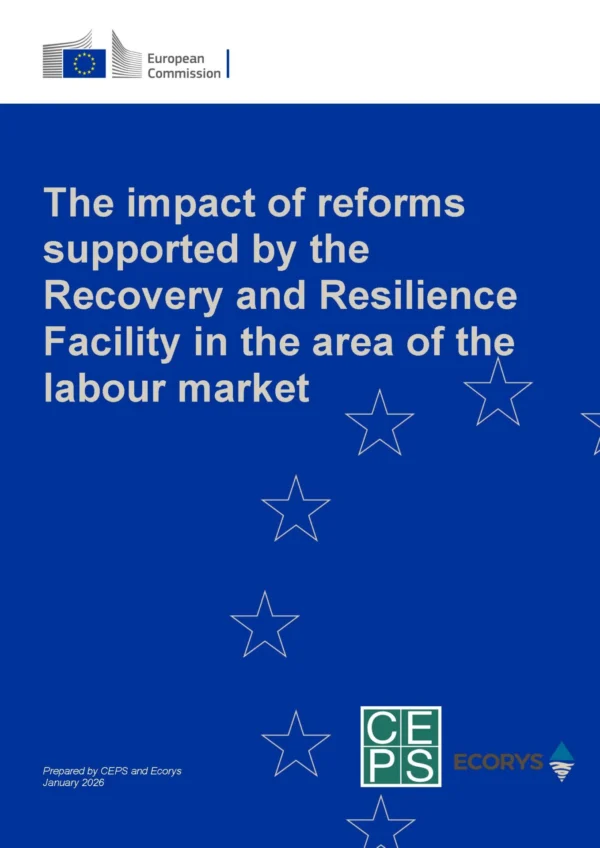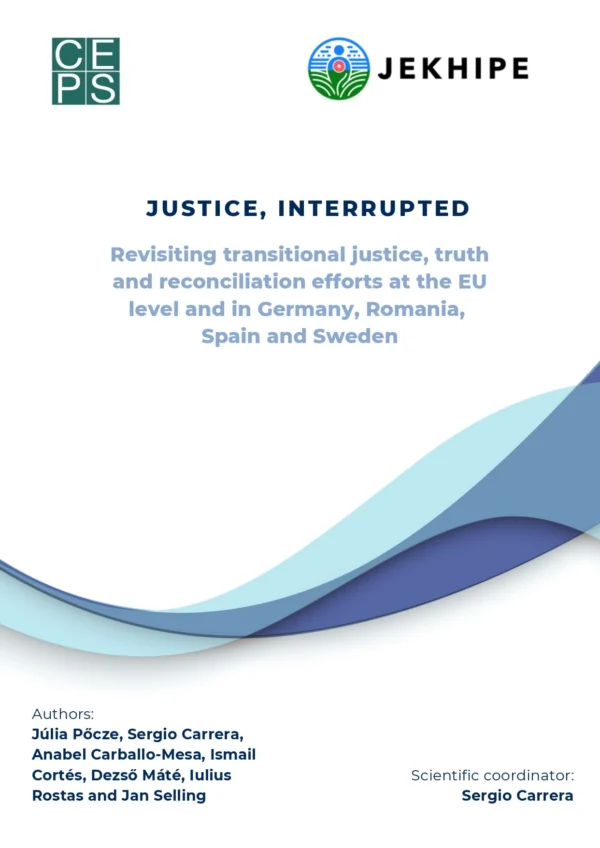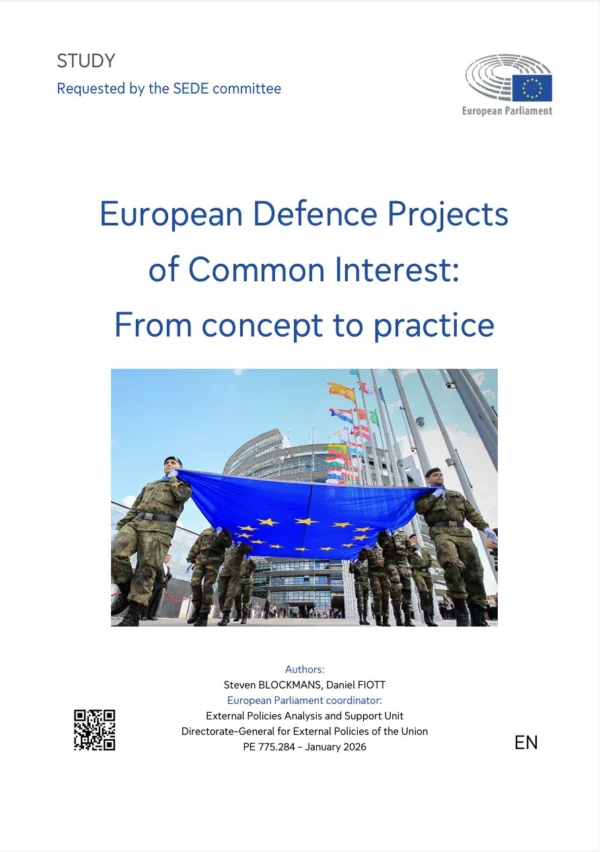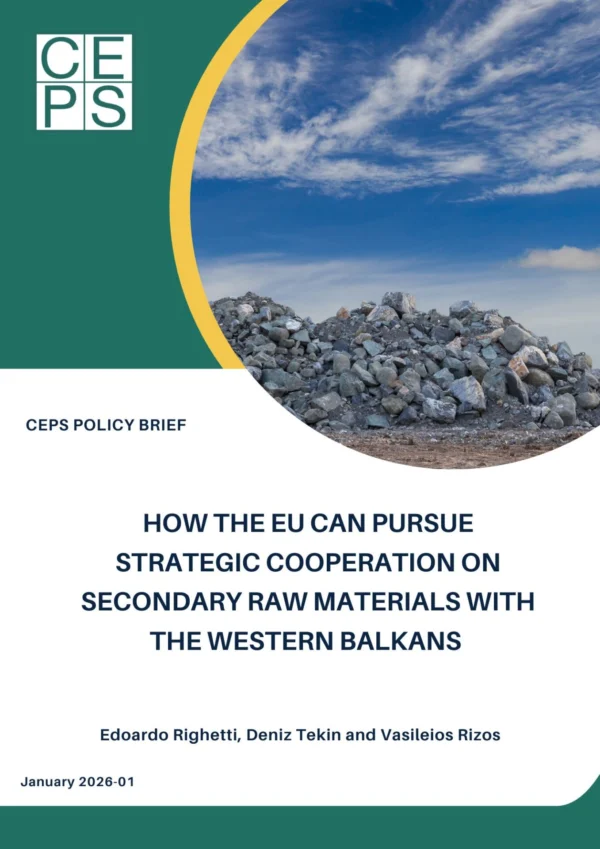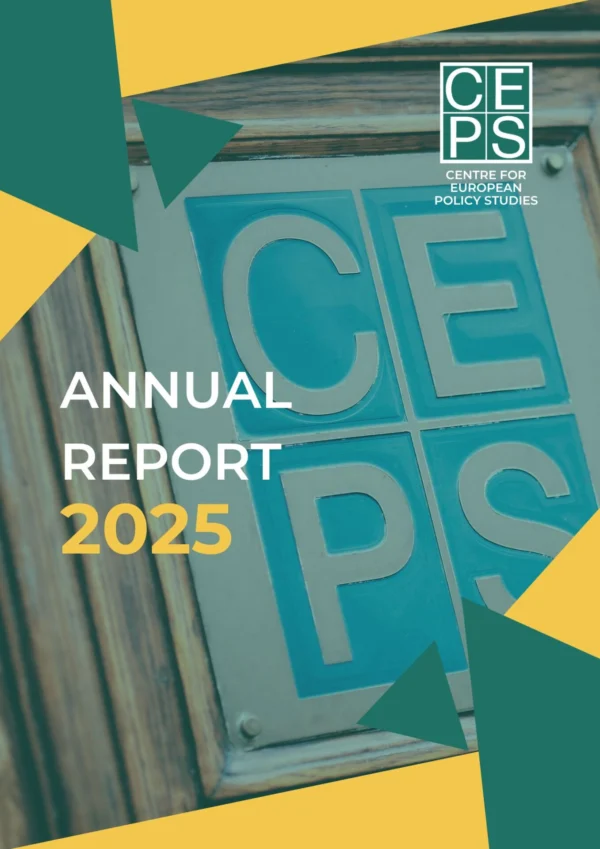This CEPS book examines two interrelated questions: 1) How has the European External Action Service (EEAS) functioned in the EU institutional architecture in the first two years of its existence? 2) What improvements can be made through the 2013 review and the 2014 revision of the EEAS’ mandate? The study contributes to the current debate through an in-depth examination of the EEAS’ relations with the EU member states, the European Commission, the European Parliament and its Delegations. The analysis is complemented by in-depth interviews conducted with senior officials from the relevant institutions. The authors put forward specific recommendations, organised around three basic roles that the EEAS plays in the EU’s external relations: a) leader, b) coordinator and c) information hub.
Niklas Helwig is a Marie Curie Researcher of the EXACT network at the University of Edinburgh and Cologne and focuses on the institutional development of EU foreign policy. Paul Ivan is a Romanian diplomat. Hrant Kostanyan is an associate research fellow at CEPS and a researcher at the Centre for EU Studies at Ghent University. His research focuses on EU foreign policy institutions and decision-making, primarily on the EEAS and the EU’s relations with Eastern Neighbourhood and Russia.
Excerpts from a review by Maxime Larive on the blog site of the Foreign Policy Association, 4 March 2013:
“Three years after the implementation of the Treaty of Lisbon leading to the establishment the European External Action Service (EEAS), the excellent ECFR and CEPS, two leading think tanks on European politics, have both published insightful reports on the state of the EU foreign policy. … The second report published by CEPS is a more academic type of report … a must read in order to understand the complex institutional and cultural problems at the higher spheres of European politics.”
“The CEPS report is a fantastic tool in order to understand the EEAS and realize the complexity of the task.”
Read full review at: http://foreignpolicyblogs.com/2013/03/04/eu-foreign-policy-in-perspective/

